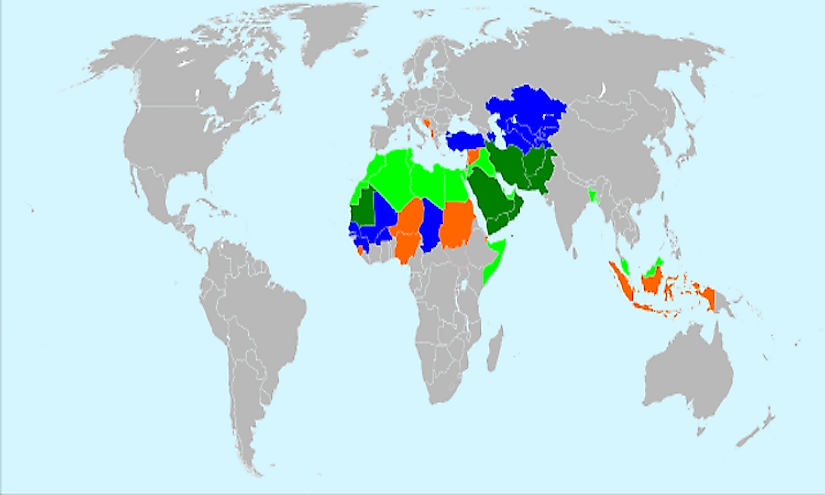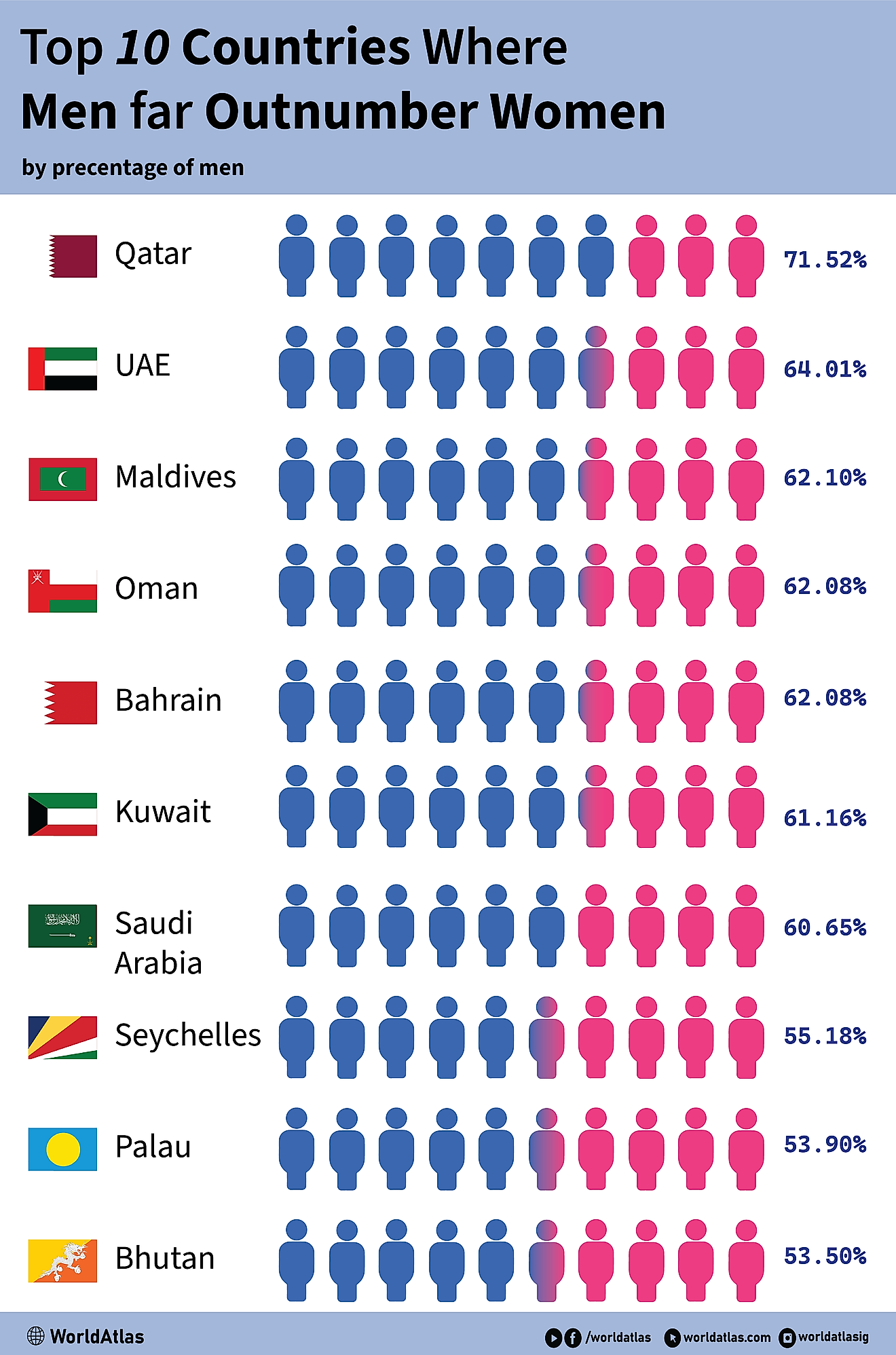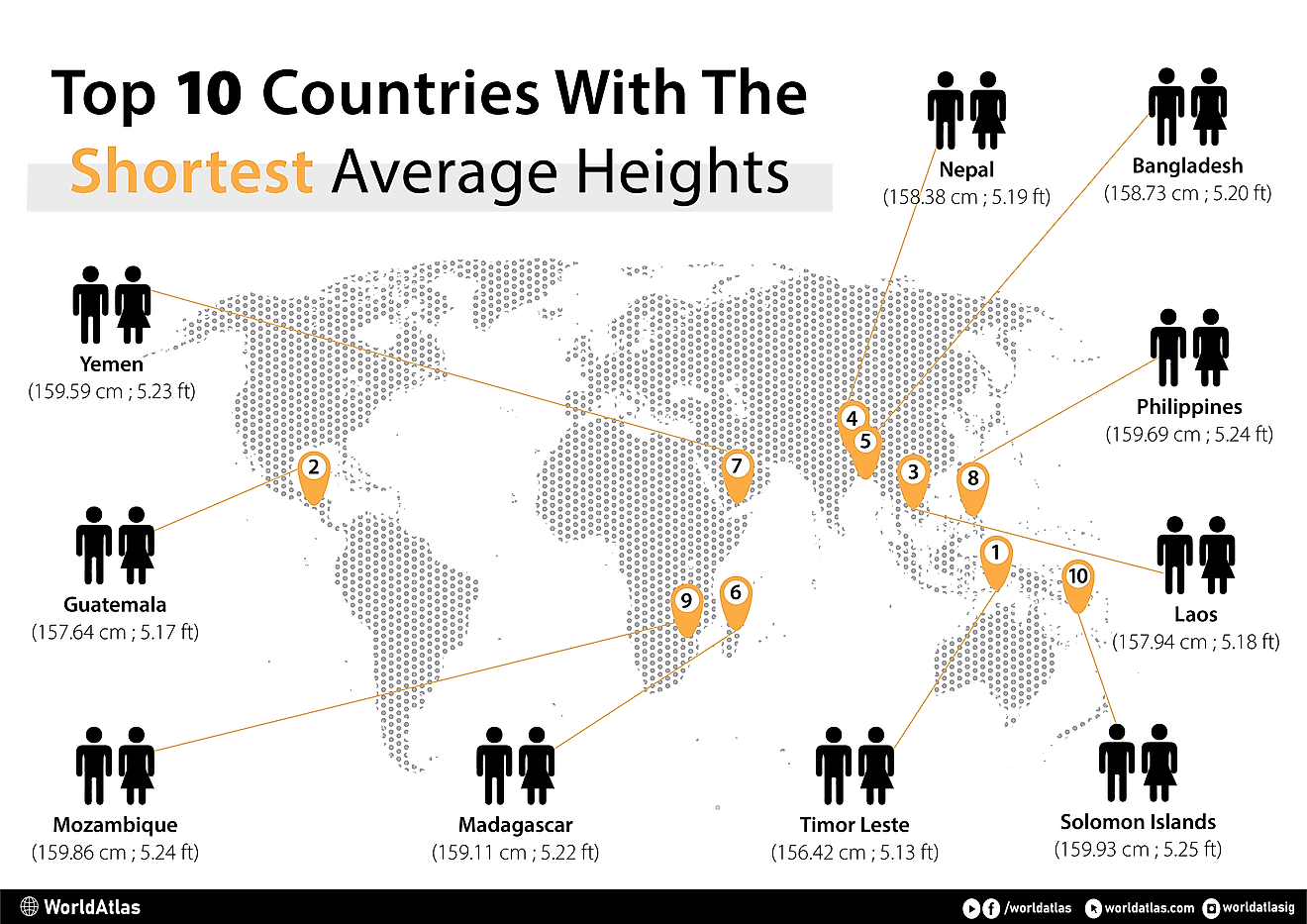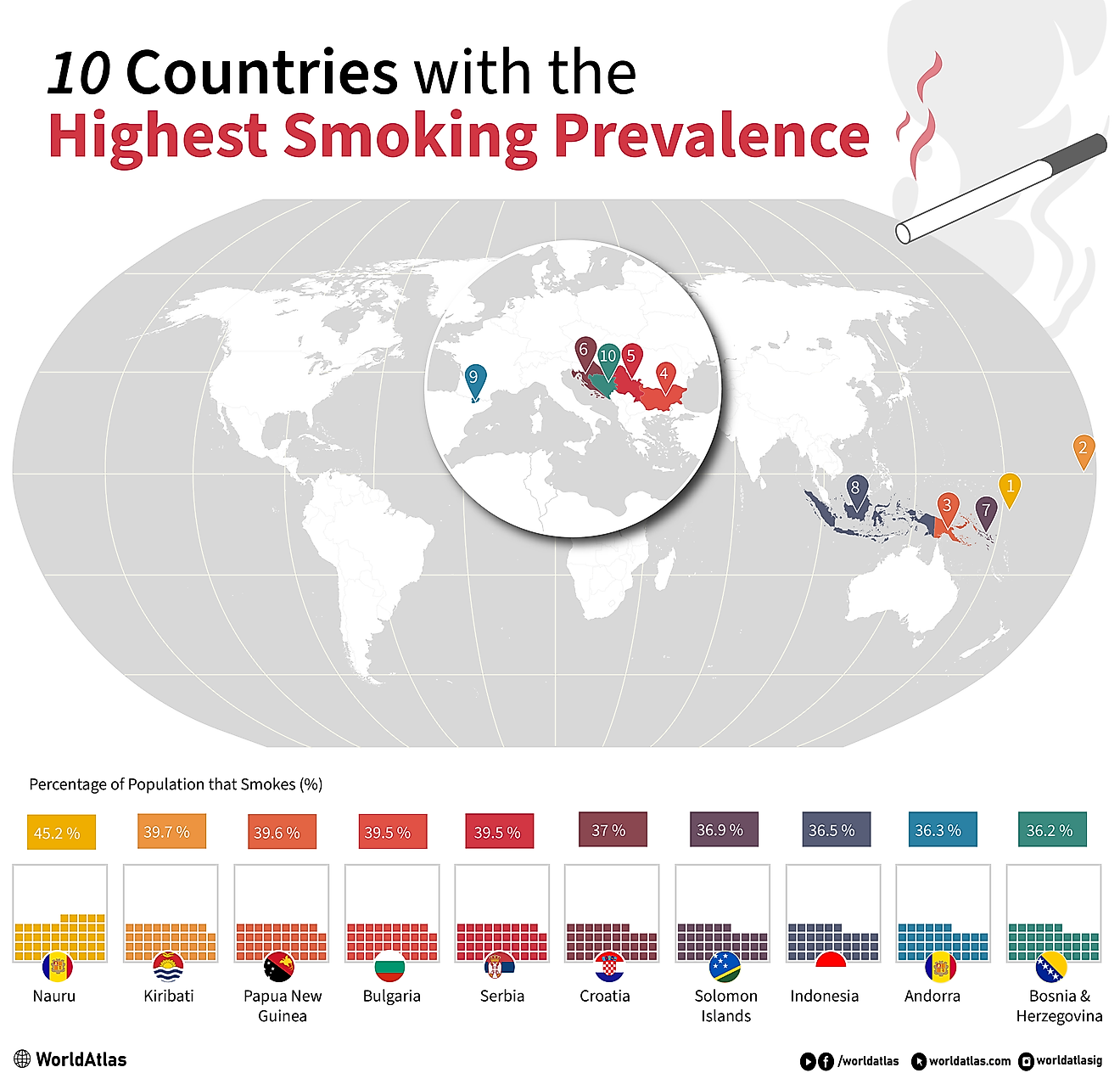Islamic Countries Of The World

The Muslim World
The Muslim World can be used to mean three different aspects related to those who practice Islam: religious, cultural, and geographical. This term is sometimes also stated as the Islamic World. On the religious level, the Muslim World refers to Muslims, or individuals who practice Islam. Culturally, the term refers to Islamic civilization. In the geographic sense, which is perhaps the most commonly used, it refers to the countries and other political regions where Muslims make up the majority of the population.
Today, Islam is one of the most widely practiced religions across the world. Its practitioners make up the second largest religious group globally. With a population of over 1.6 billion people, Muslims represent over 23% of the world population. The two major sects of Islam are Shia and Sunni. Sunni Islam is the majority denomination and is practiced by approximately 1.5 billion individuals. Shia is a smaller denomination with only around 170 million followers. It is the dominant religion throughout the Middle East, North Africa, the Horn of Africa, the Sahel region of Africa, and Central Asia. Additionally, China, Russia, India, and the Balkans all have large Muslim populations.
Islamic States
An Islamic state is a political area, usually a country, that uses Sharia law as its basis for government, laws, and social norms. It is often considered a theocracy. The idea comes from the ancient Caliphate, which included areas ruled by religious leaders thought to be successors of Muhammad. Today, an Islamic state may include modern political traditions, such as having a parliament or a President. These countries have used Islamic law to define every area of government, including the Constitution. The major Islamic states are Iran, Pakistan, Saudi Arabia, Afghanistan, Mauritania, and Yemen.
For example, in Iran, every aspect of the government must adhere to Sharia Islam, the basis for all rules and regulations in this country. Religious courts are established to ensure that all of the regulations adhere to Sharia law. In fact, even the Supreme Leader, who has more political power than the President, is an Islamic law scholar.
Countries With Islam As State Religion
Other countries are not quite considered Islamic states, although Islam is the politically defined state religion. These countries also have Muslim majority populations. They include Egypt, Jordan, Iraq, Kuwait, Algeria, Malaysia, Maldives, Morocco, Libya, Tunisia, United Arab Emirates, Somalia, and Brunei. In Libya, Islam is also considered a state religion. However, 18 other religions are also official state religions, making Libya the most religiously diverse country in the Muslim World.
Neutral Muslim Majority Countries
In a neutral Muslim-majority country, the population is overwhelmingly Muslim without Islam being the state religion. These nations include Niger, Indonesia, Sudan, Bosnia and Herzegovina, Sierra Leone, and Djibouti.
Secular Muslim Majority Countries
In secular Muslim majority countries, the majority of the population identifies as followers of Islam. The government, however, has declared a separation of religion and state. This declaration means that religion should neither interfere nor influence civil and political affairs. These countries include Albania, Azerbaijan, Bangladesh, Burkina Faso, Chad, The Gambia, Guinea, Kazakhstan, Kosovo, Kyrgyzstan, Mali, Northern Cyprus, Nigeria, Senegal, Syria, Lebanon, Tajikistan, Turkmenistan, Turkey, and Uzbekistan.
Islamic Countries In The World
| Islamic States/Countries With Islam As State Religion | % Of Population That Is Muslim |
|---|---|
| Afghanistan | 99.8 |
| Iran | 99.7 |
| Mauritania | 100 |
| Pakistan | 96.4 |
| Saudi Arabia | 97.1 |
| Yemen | 99 |
| Algeria | 98.2 |
| Egypt | 90 |
| Iraq | 98.9 |
| Jordan | 93.8 |
| Kuwait | 74.1 |
| Libya | 96.6 |
| Malaysia | 61.4 |
| Maldives | 100 |
| Morocco | 99 |
| Somalia | 98.9 |
| Tunisia | 99.8 |
| United Arab Emirates | 76 |
| Brunei Darussalam | 67 |
| Lebanon | 59.7 |











